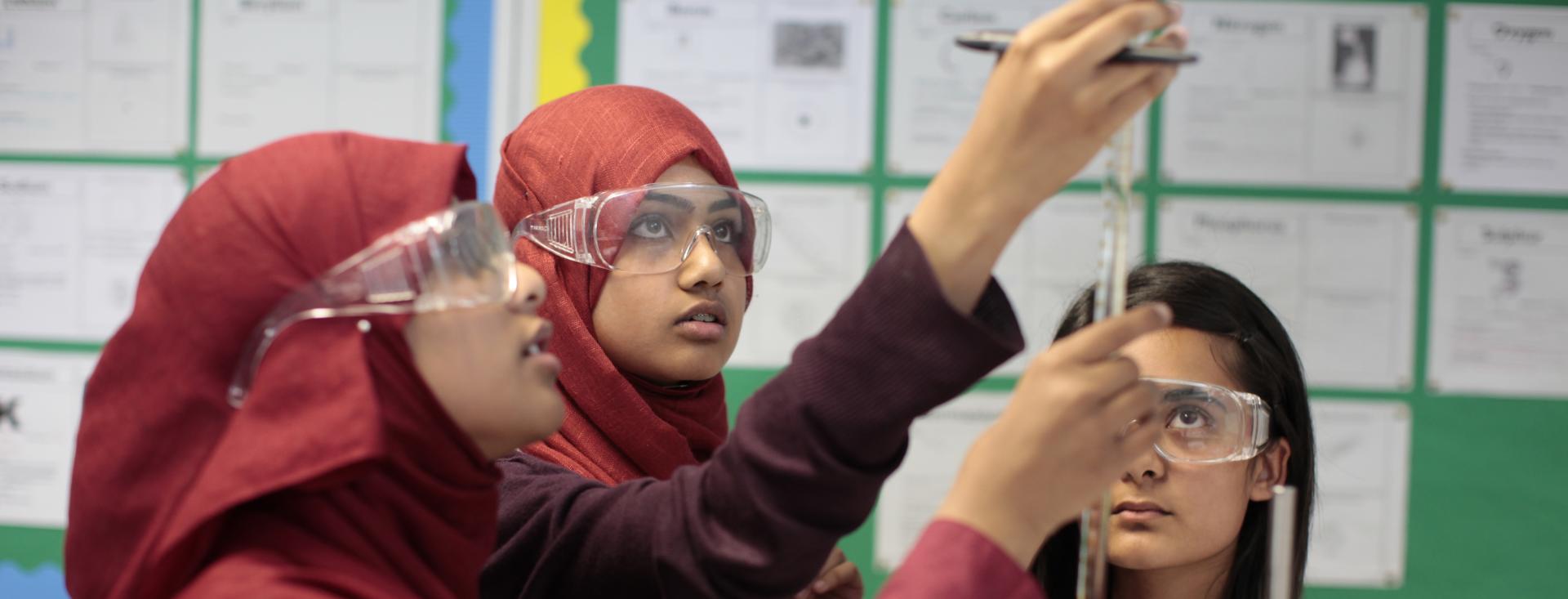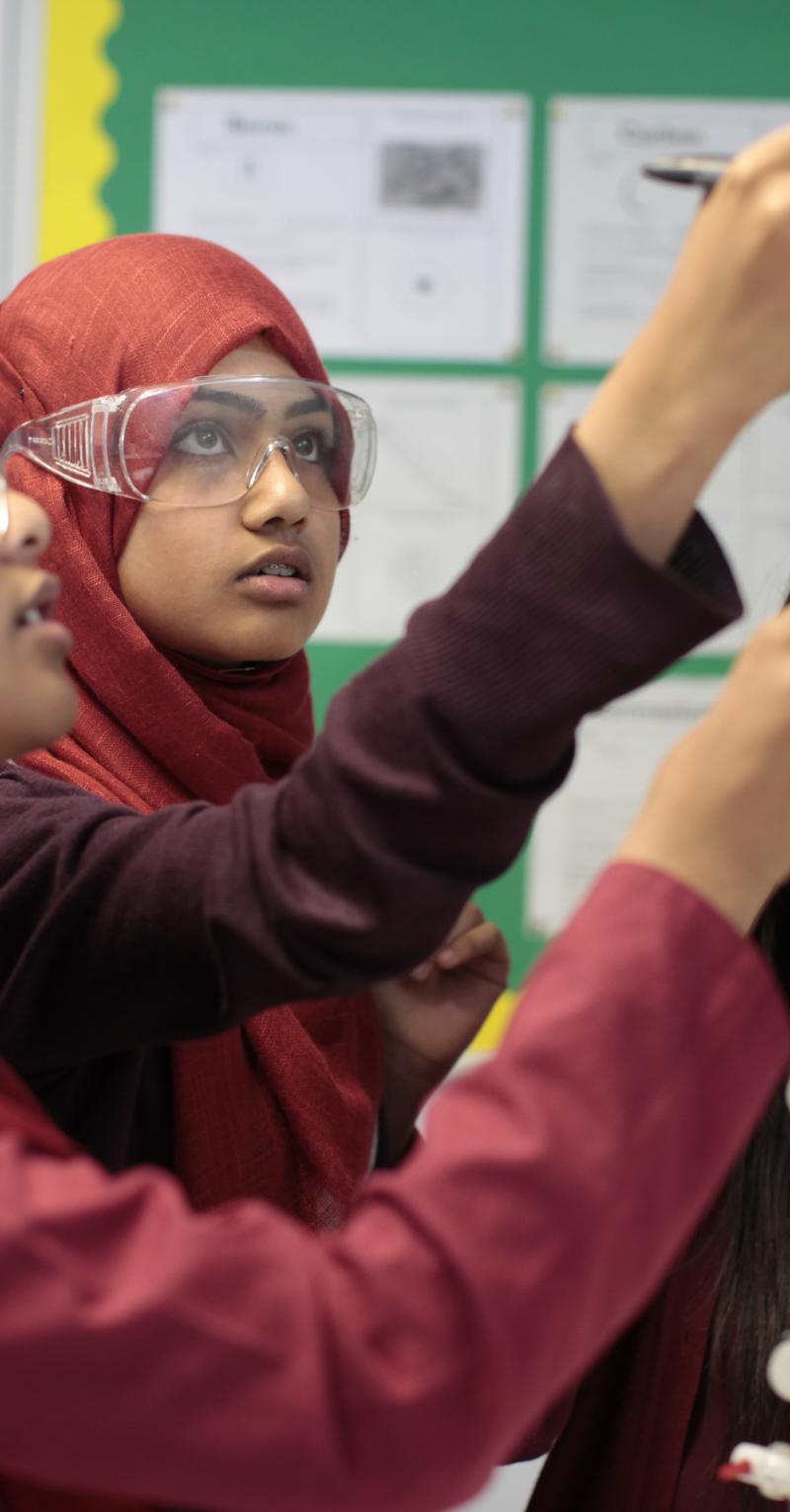Resources
Everyone has a role to play in supporting girls to become empowered, access education for better life outcomes, and thrive. Teach For All is committed to supporting the global network to identify and address the barriers that keep girls from learning and fulfilling their potential through our Girls’ Education initiative. Learn more about gender equity, the issues facing girls around the world, and more in this curated library of resources:
Girls' Education
Evidence Brief: School-Based Interventions to Prevent Violence Against Women and Girls
A policy brief on select school-based interventions that aim to prevent violence against women and girls (VAWG) or improve attitudes that perpetuate VAWG. It focuses on intimate partner violence, dating violence, and non-partner sexual assault.
Girls' Education
Paying for Education Outcomes at Scale in India
A study on how India is playing a leading role in its use of innovative financing for development with impact bonds, an outcome-based financing structure. It outlines key lessons to be drawn for their application to education.
Girls' Education
Gender and Inclusive Education: The Weak Link in Girls' Education Programming
An overview of the compounding barriers that girls with disabilities experience at family, societal, and institutional levels, leading to a trajectory of marginalization. It shares resources providing a more holistic approach to inclusive education.

